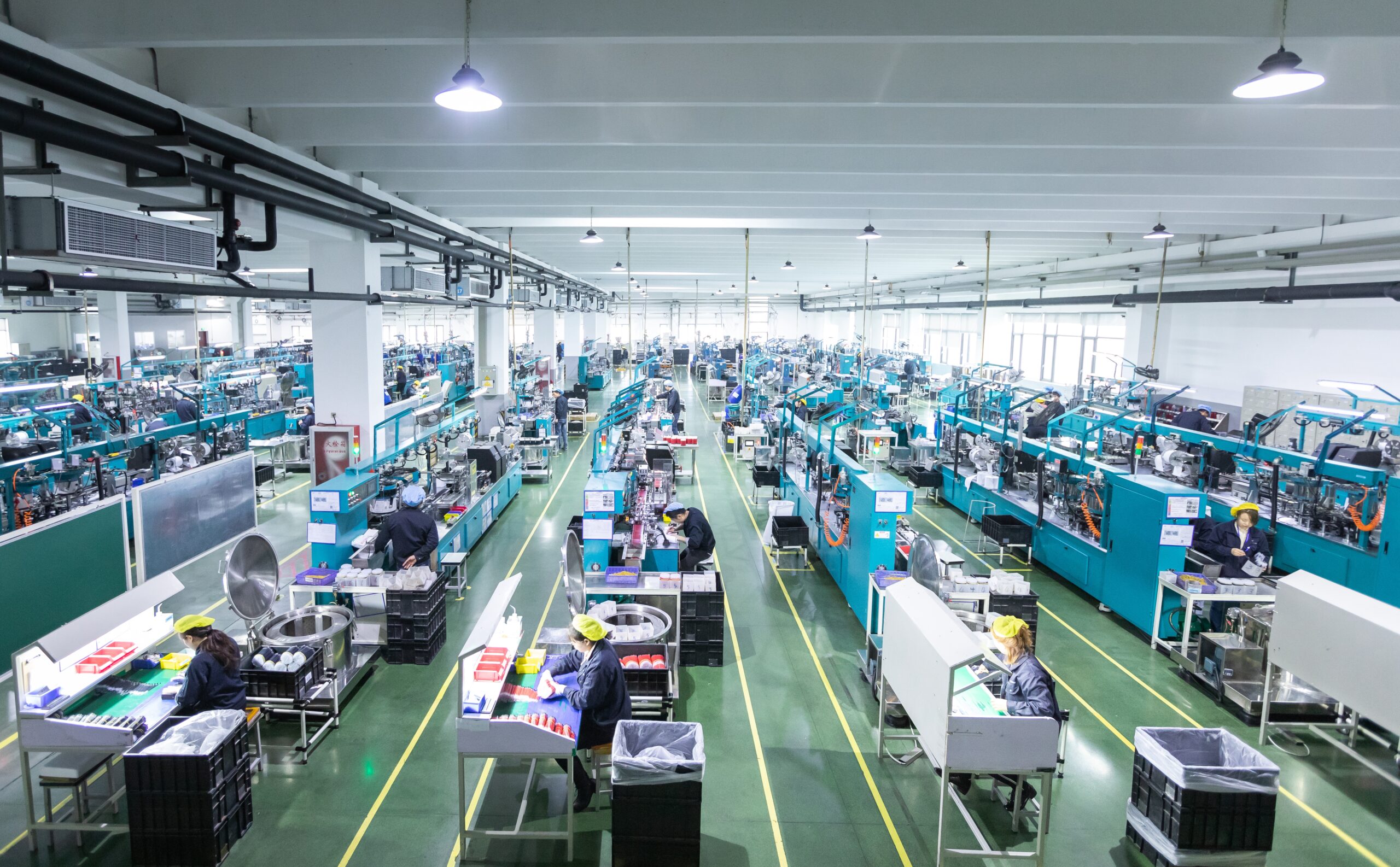Blog
How Bulk Buying Can Help Startups Cut Costs and Boost Efficiency

Imagine a startup. It’s strapped for cash, and every dollar counts. What if they could save big on essential items? Bulk buying isn’t just for big companies. It’s a secret weapon for startups to save money and work smarter.
Bulk buying gives startups an edge. It helps them lower costs and makes them work better. This leads to lasting growth.
Understanding the Fundamentals of Bulk Buying for Startups
Bulk buying means buying lots of goods at once. Start-ups can save money this way. Not everything should be bought in bulk. Think about what the startup uses a lot of.
What Constitutes “Bulk” for a Startup?
“Bulk” is different for each startup. It depends on how big the startup is. How much space do they have? How fast do they use the stuff? Buying too much is bad. Avoid having too much stuff sitting around.
Identifying Startup Needs Suitable for Bulk Purchase
Think about what the startup uses every day. Office supplies are a good example. What about packaging? Do they need raw materials? Maybe marketing materials? Figure out what you need first.
The Financial Benefits of Buying in Bulk
Buying in bulk can save a ton of money. You get discounts. Shipping costs less. You can even bargain for better deals.
Quantifying Potential Cost Savings
Let’s say you buy pens. Buying one pen might cost $1. Buying a box of 100 might cost $50. That’s only $0.50 per pen! This adds up fast.
Leveraging Discounts and Negotiation Strategies
Talk to your suppliers. Ask for a better price. Buying more means you have more power. Use that to get a discount.
Minimizing Shipping and Handling Costs
Shipping costs can be high. Buying in bulk means fewer shipments. This lowers the cost for each item. It saves money overall.
Streamlining Operations Through Efficient Procurement
Buying in bulk saves time. You don’t have to order as often. This frees up time for other things. You can also manage your supplies better.
Reducing Order Frequency and Saving Time
Ordering less often is a huge time-saver. Staff don’t have to spend time placing orders. They can focus on important work. This makes the startup more efficient.
Optimizing Inventory Management to Avoid Waste
Keep track of your supplies. Use FIFO (First-In, First-Out). This means using the oldest items first. You avoid wasting stuff that expires.
Choosing the Right Suppliers for Bulk Purchases
Finding good suppliers is key. Look for good prices. Make sure the quality is good too. The delivery should be on time. Do your homework before choosing.
Identifying and Vetting Reliable Suppliers
Check out the supplier carefully. Ask for references. See what others say about them online. Make sure they are stable. You want a supplier that will last.
Comparing Pricing, Quality, and Delivery Terms
Don’t just look at the price. Check the quality. How fast do they deliver? A cheap price doesn’t matter if the quality is bad.
Potential Challenges and How to Overcome Them
There are challenges to bulk buying. Where will you store everything? Can you afford to buy so much at once? What if the stuff becomes useless? There are ways to deal with these issues.
Addressing Storage Limitations
Space can be a problem. Maybe rent a storage unit. You could use off-site storage. Think outside the box.
Managing Cash Flow Constraints
Buying in bulk costs money upfront. Talk to suppliers about payment plans. Use a credit line. Plan your purchases carefully.
Mitigating the Risk of Obsolescence or Spoilage
Buy non-perishable items in bulk. Guess how much you’ll need. This lowers the risk of stuff going bad or becoming outdated.
Conclusion
Bulk buying can help startups. It cuts costs and boosts how well they work. Plan carefully and do it right. Look at your needs. Find ways to buy in bulk. It can make a big difference.
